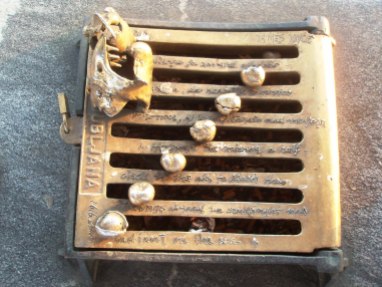
Once upon a time, not all that long ago, there was an eight-year-old girl in pigtails who was lucky enough to go to the sort of primary school where eight-year-old girls get to play the Goddess Athena in the school play, and poke the headmaster(playing Polyphemus) in the eye with a stick.
This is how great translators are forged. That girl, Emily Wilson, went on to become a professor of classics, and the first woman to translate the Odyssey into English. About time too. Her translation is challenging and startling. It mixes old and new; iambic pentameter and modern prose. After all, as she says, why use the language of our grandparents, which is just as far away from the original ancient Greek as our own idiom? Better to get straight to the point.

Thus a cracking story begins. It ranges across seas and islands, swirling with gods, goddesses, and terrifying creatures who continue to shape our language and mental world today without our realising it:

Another fresh perspective in this translation is that the women, and the slaves, are presented as people, not objects. At the time of reading I was editing a book about slaves, which may have affected my interpretation, but they are definitely there, in fact the first translation of the Odyssey, into Latin in 300 BC, was by a slave called called Livius Andronicus. The end some slave women meet when Odysseus takes his final vengeance is truly terrible:

I doubt I would have read this if the new translation had not received such praise. Emily Wilson makes radical choices to bring the story to a new generation. There’s still time for one more new year’s resolution: to read this book. Get it from Norton, here.





















[…] Awards. This book is up against stiff competition, including Wilson’s translation of the Odyssey in the poetry category and Perur’s of Ghachar Ghochar in the prose. So long as the prize […]
[…] You can see there are two English translations here, a ‘literal’ one and one coaxed into the form, sound patterns and rhyme of Welsh poetry in Mechain’s time. The latter is no mean feat, and Gwerful Mechain was a master of it. She comes from a long line of bards, and a line of women. This Response to Ieuan Dyfi’s poem on Red Annie puts her right in line with Emily Wilson’s translation of the Odyssey: […]
[…] Dahvana Headley has done for Beowulf what Emily Wilson did for the Odyssey; centred the story on the women. She saw a picture of Grendel’s mother long before she read the […]